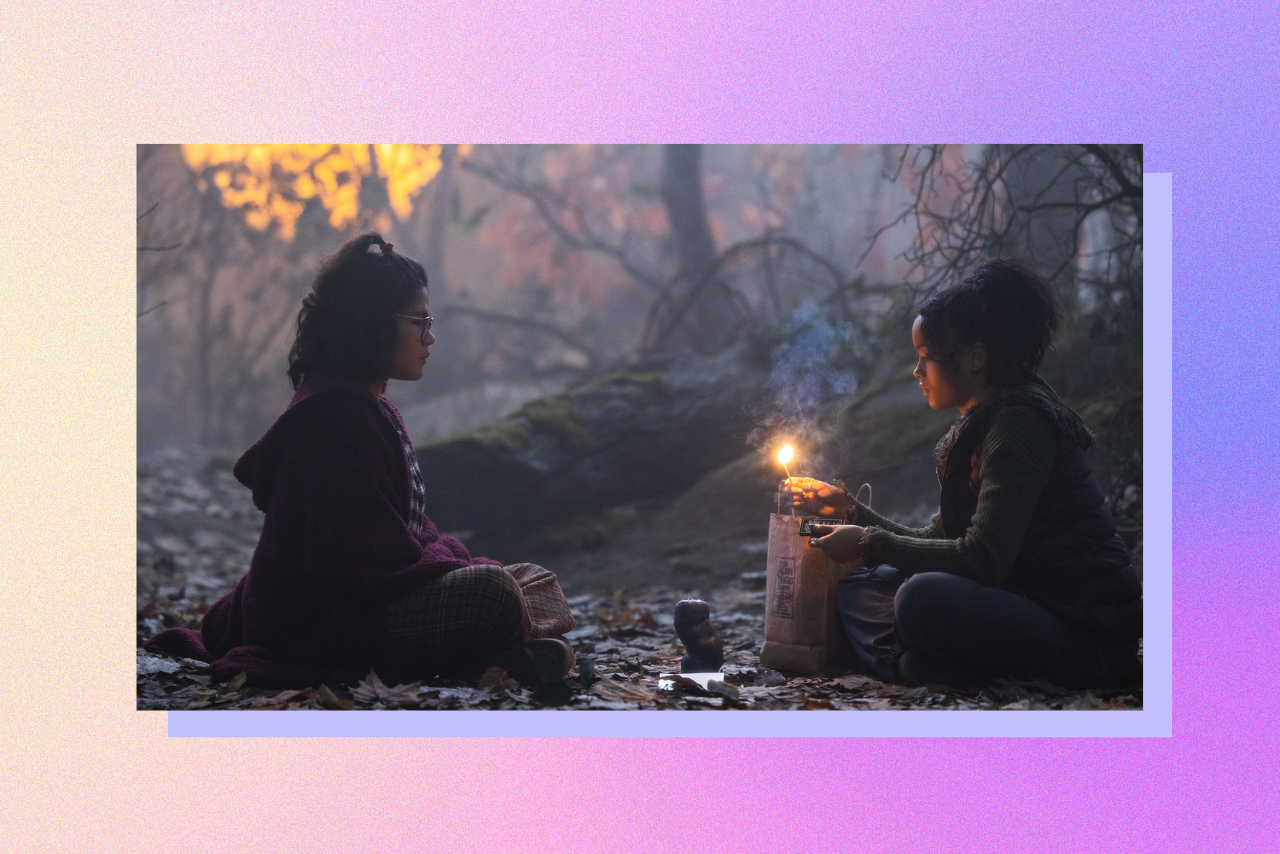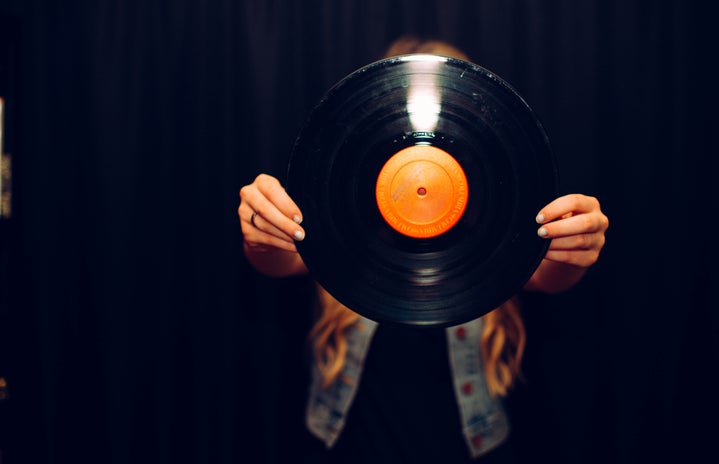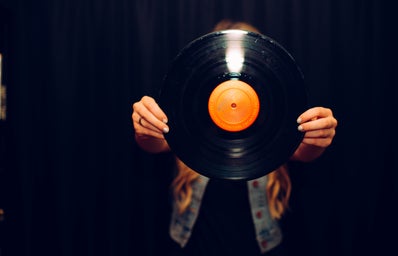Content Warning: This article discusses self-harm and murder
If you want to annoy anyone who listens to music that’s a little heavier than your usual radio- friendly(ish) metal, tell them that the music they listen to is “satanic.” The 80s Satanic Panic, brought on by the Reagan era’s original promise to “Make America Great Again,” was a moral panic about unfounded Satanic rituals wracked the nation. This panic has not left us, and indeed feels pretty familiar considering the state of the world around us. While the Satanic Panic has had far-reaching effects on not just America, but the world as a whole, the impact it had on music has been notable, especially in regards to how people who listen to heavier music are stereotyped.
To get this out of the way — yes, there are sadly people who partake in the metal, goth, or emo scenes who are white supremacists, or intensely homophobic, or otherwise horrible. These individuals ignore the point of these subcultures (which is to be welcoming to all who wish to partake). But these massive problems in the subcultures are overlooked in favor of general naysayers labeling everyone in them “satanic.” This label helps absolutely nobody; although, sure, there might be people who identify as any number of religions, including satanism, in a subculture, categorizing these groups as something solely negative only increases stigma against alternative people.
A refusal to understand certain subcultures, especially those involving individuals dressing differently or enjoying music that can contain violent lyrical contents, or that discuss mental health issues, can result in danger for the people in those subcultures. A notable case is Sophie Lancaster, an English girl who was killed for dressing goth. Alternative people of color, like Carys Serries from Scotland, face both racial abuse and abuse for the way they express themselves. When an entire subculture is generalized, it can put people’s lives and wellbeing at stake and further increase the abuses they face in their intersectional identities.

This extends into emo as well; in the early 2000s as the subgenre was becoming more mainstream, parents panicked, thinking emo music was causing their children to self-harm, and that the lyrics were glamorizing depression. There’s nuance to everything, of course, but to blame an entire genre of music for being the reason that someone self-harms feels ridiculous years later. These subcultures are spaces for people to express emotions that they might not feel safe doing so in their daily lives; although there is much to criticize about early 2000s emo lyrics, to write off the whole genre as something that influences people to harm themselves is dangerous. Many men in the scene were also called “gay” pejoratively for simply enjoying the music or dressing differently than the mainstream.
Although not all of this can 100% be drawn back to the Satanic Panic, it’s important for everyone to acknowledge that simply disregarding whole subcultures for being different, or people for enjoying music that is different from the mainstream, is to ignore the intricacies of those subcultures. You don’t have to engage with them personally to respect someone else’s music taste or self expression. Misunderstanding is one thing, but blatantly labeling something as “satanic” because you don’t understand it is ridiculous and rude. There is obviously a lot to criticize in any scene or subculture — but, maybe be in the subculture and familiar with its intricacies in order to do so.




